The French Punk Revolution: A Cultural Awakening and Sonic Rebellion
The recorded histories of punk rock have long focused on two primary locations: the United States and The UK. Whilst it is true that much of the scene’s most important activity took place in these countries, there is one key territory that has been largely overlooked in the story of punk – France.
Arguably, the significance of French punk and its impact on punk is huge. Some music historians even believe that without the French punk scene, the genre as a whole may not have reached the same level of artistic and cultural influence.
French Influence on Punk's Ideas and Aesthetics
The impact of French punk on the international scene cannot be overstated. Key figures such as Malcolm McLaren and Tony Wilson were deeply inspired by the Situationist movement, deliberately seeking out its imagery and lyrics that would become iconic expressions of punk.
The Situationists, led by Guy Debord, aimed to critique and subvert the capitalist society through acts of détournement or cultural hijacking. Their ideas of spectacle and the society of the spectacle resonated with the discontented youth of the late 1970s, both in France and abroad.
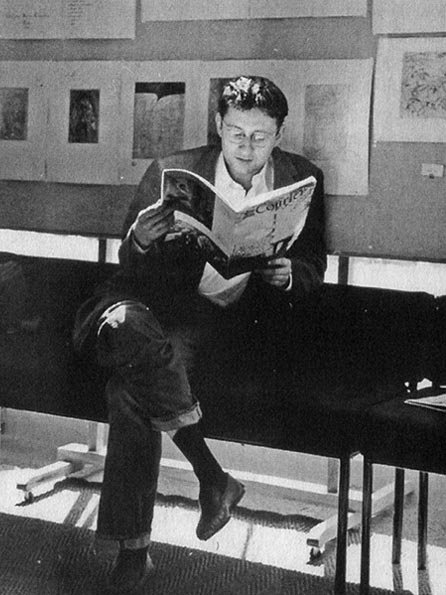
According to Andrew Hussey, head of French and Comparative Studies at the University of London Institute in Paris, the French played a significant role in shaping punk rock. He states, “Punk rock would have happened in the UK without France, but without the French, without their big ideas and their politics and fanaticism, punk rock in the UK would’ve been nothing more than growly old rockers with shorter hair.”
The Sex Pistols‘ record covers and lyrics like “Cheap holidays in other people’s misery” bear the indelible mark of French Situationist ideas, reflecting a desire to expose the shallow consumerist culture and inspire rebellion.
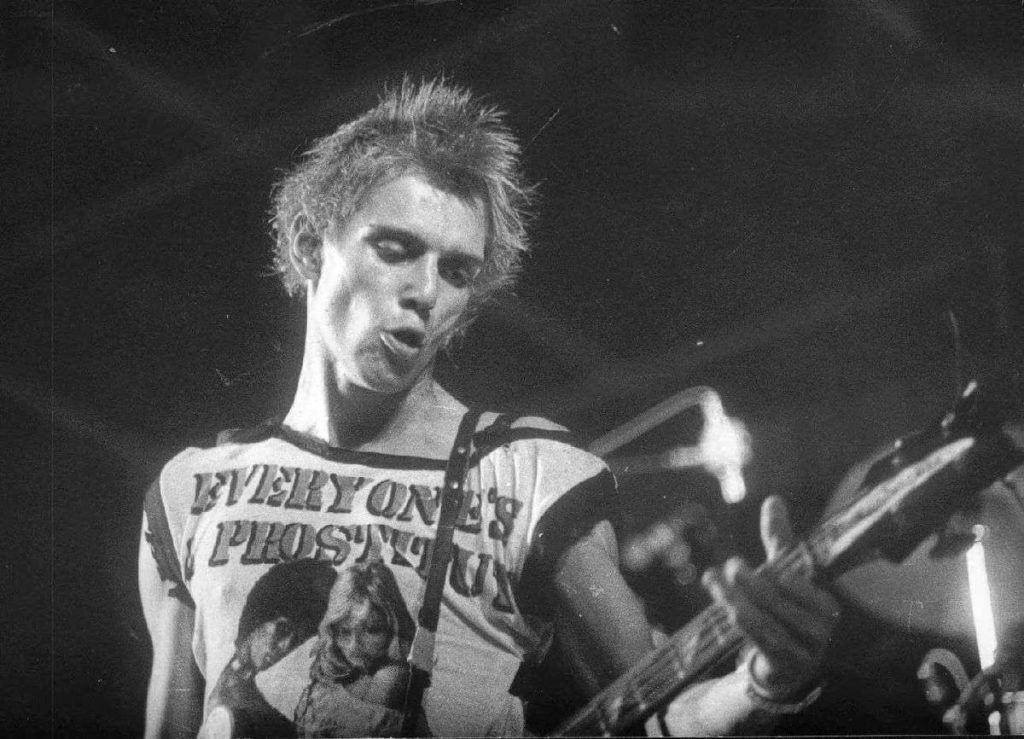
In 1976 the first festival of punk music also took place in France, Mont de Marsan to be exact, demonstrating the pioneering spirit of French punk.
Organised by Marc Zermati, the Mont-de-Marsan Punk Festival brought together bands from France that included Bijou, Il Biaritz and Shakin’ Street, as well as UK punks The Damned. This event showcased the raw energy and DIY ethos of the French punk scene and left an indelible mark on the history of the genre.
The French Contribution to Punk's Visual and Musical Identity
Not only did the French influence the ideological foundations of punk, but they also made significant contributions to its visual and musical identity. French punk embraced a diverse range of artistic and cultural influences, infusing the genre with a distinct aesthetic that set it apart from its British and American counterparts.
Richard Hell, known for his torn clothing, spiked hair, and DIY fashion choices, drew direct inspiration from fin de siècle French poets such as Charles Baudelaire and Arthur Rimbaud. Their rebellious and nihilistic writings resonated with the punk ethos and became iconic symbols of punk’s subversive style.
The Clash, known for their graffiti-strewn clothing, can trace their fashion choices back to the artistic movement known as les Lettristes in the 1950s. Inspired by avant-garde artists like Isidore Isou, les Lettristes rejected conventional art forms and embraced the chaos of language and visual expression. The Clash’s fashion statements added an element of artistic rebellion and a political statement against conformity.
According to Eric Debris from the Parisian band Metal Urbain, the atmosphere in France at the time was mundane and boring. He remarks, “Everything was black and white – the TV was in black and white, the streets were in black and white. Everyday life was extremely boring, you felt people needed a push so they’d feel alive.”

The Parisian band Metal Urbain, whose release became the first from Rough Trade, showcased the French inclination to explore electronic music within the punk sound. Fusing punk rock with synthesizers and experimental sounds, Metal Urbain epitomised the avant-garde approach of French punk. This innovative use of electronic elements anticipated the growing popularity of electronics in punk in the years that followed, influencing bands worldwide.
To bring this forgotten moment in Gallic culture vividly to life, let us explore the voices of some key players in the French punk scene:
Marc Zermati recalls the close connection between the French and American scenes. He states, “The real punk movement started in New York, and Paris came before the UK because we were really connected to New York… it was exciting because we thought we were conspiring against the establishment.”
Elli Medeiros, the singer of Stinky Toys, describes the vibrant and tight-knit French punk scene, saying, “It was a bit like sometimes you think it must have been in the ’30s or ’50s – not in music but those moments when there’s really a movement where everyone knows each other and you’re always together, and it was just like that in ’75 and ’76.”
The Lasting Legacy of French Punk
Whilst the French punk bands may not have achieved the same level of global recognition as their British and American counterparts, they marked a significant step forward for popular music in France.
Their uncompromising attitude and unwavering commitment to the punk ethos injected a new energy and rebellion into the French music scene. Despite their relative obscurity outside of France, their contributions were instrumental in shaping the punk landscape and establishing the groundwork for future generations of musicians.
French punk’s impact extended beyond its immediate time frame, influencing subsequent waves of alternative and indie rock in France. Bands like Les Thugs, Bérurier Noir, and Noir Désir drew inspiration from the rebellious spirit of French punk, forging their own unique paths and contributing to the evolution of French rock music.
The cultural and artistic legacy of French punk can also be seen in the emergence of other art forms such as cinema, literature, and fashion. Filmmakers like Leos Carax and Jean-Pierre Jeunet incorporated punk aesthetics and themes into their works, whilst authors such as Virginie Despentes captured the punk spirit in their writings. French fashion designers also embraced punk elements, creating garments that blended the subversive with the chic.
It’s safe to say that the French punk scene not only contributed to the international punk movement but also brought unique ideas, aesthetics, and musical experimentation to the table. Without the French, punk would have lacked the political edge and artistic innovation that characterises the genre.
It is time to acknowledge and celebrate the significant role that France played in the evolution of punk rock. French punk, with its fusion of intellectual fervour and sonic rebellion, remains a testament to the enduring power of cultural resistance. Its legacy continues to inspire and shape the music and arts scene in France and beyond.
Vivent les punks français!
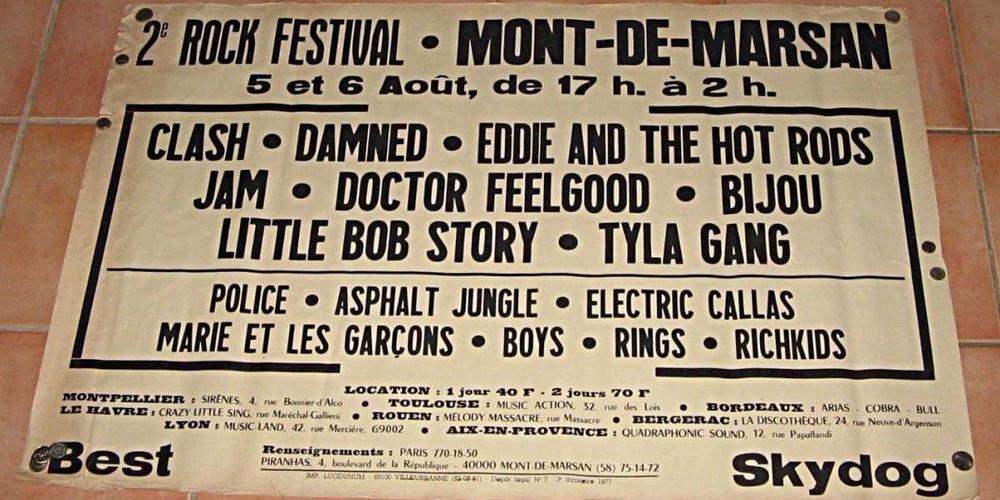
Need more Punk In Your Life?

Brazilian punks Fantazmaz launch debut album with ferocious single ‘Dead On The Way Home’
We’ve reviewed Fantazmaz’s incendiary live shows at least twice in these pages, so we were delighted to discover that the Brazilian (but UK-based) quartet will

Album review: Liliths Army release third album ‘Doll’
From Northampton, UK, Liliths Army are a trio band best known for touring, including in the US. Their music is a mix of lo-fi punk,

Supersuckers, London New Cross Inn, 10th April 2025
Yes, for the umpteenth time, the Supersuckers are still going! Cynics might say that’s because the veteran Seattle rock n’ roll trio have no plan

The Chords UK, helmed by Chris Pope, release the mammoth 44-track ‘But Then Again: The Best of The Chords UK’
Designed to truly tell the tale of The Chords UK, ‘But Then Again’ is an ambitious and inventive collection, featuring new and previously unreleased tracks,

Ronker, London New Cross Inn, 8th April 2024
We’ve just passed the 31st anniversary of Kurt Cobain’s death, and it’s safe to say that the much-missed Nirvana frontman would approve heartily of tonight’s

Scarborough Punk Festival: Still Punk’s Best Kept Secret
A killer lineup, coastal views, historic setting and one stage of pure punk energy delivering another unforgettable weekend of music, mates, and mayhem – Scarborough
Callum Wyatt is a Dublin-based music journalist with a passion for punk and a love for uncovering the untold stories of music history. When he’s not writing, you can find him hanging out with his cat, Oscar.

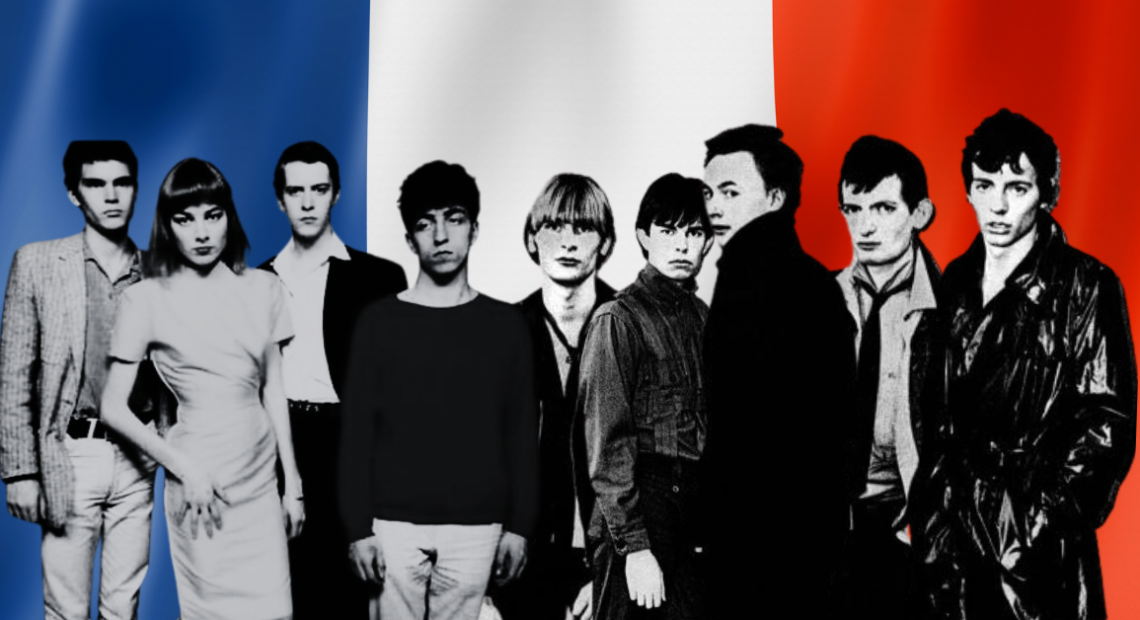
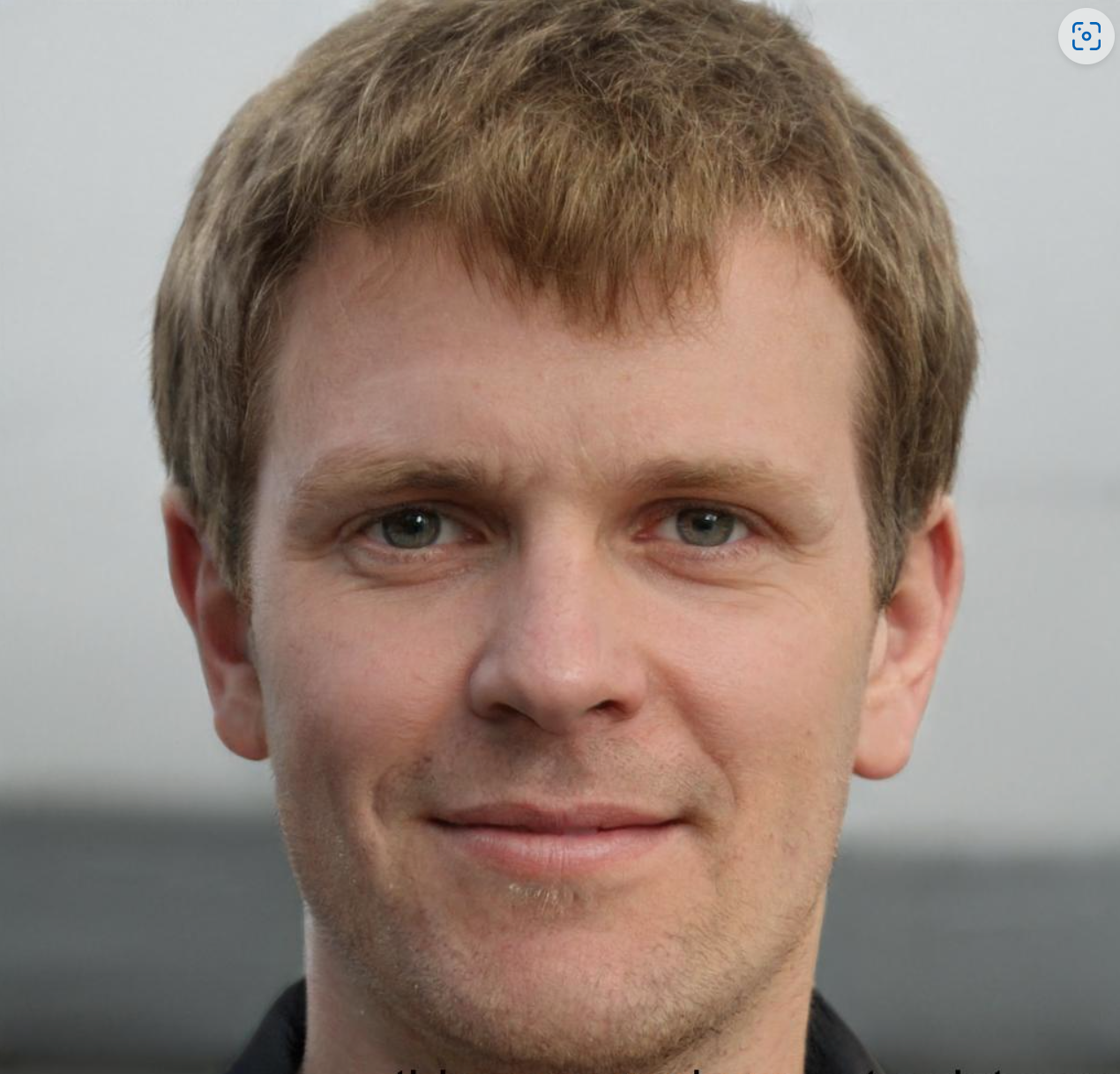

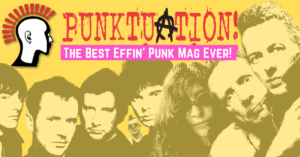 Did you know that we are 100% DIY? We run our own game. No one dictates to us, and no one drives what we can or cannot put on our pages – and this is how we plan to continue!
Did you know that we are 100% DIY? We run our own game. No one dictates to us, and no one drives what we can or cannot put on our pages – and this is how we plan to continue!